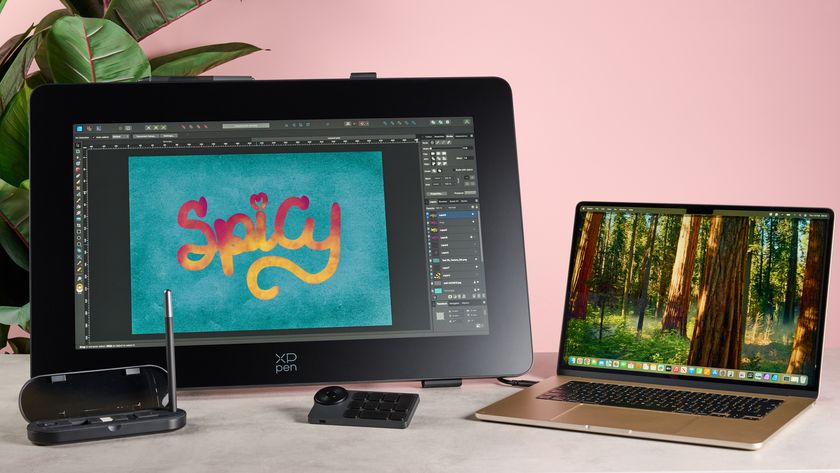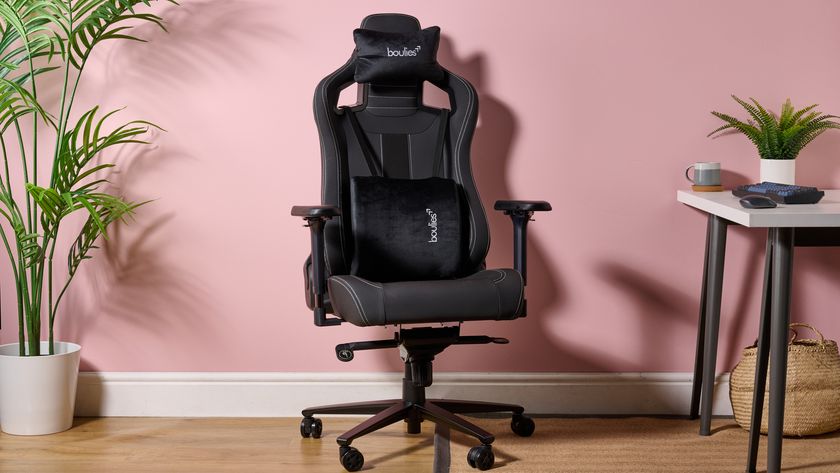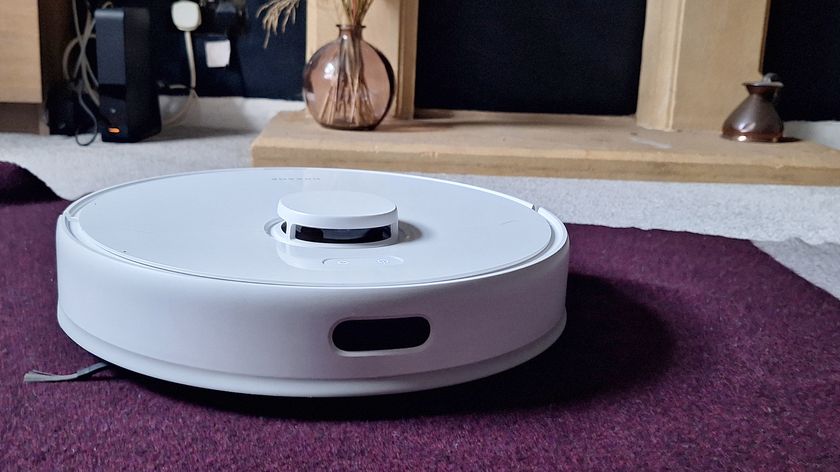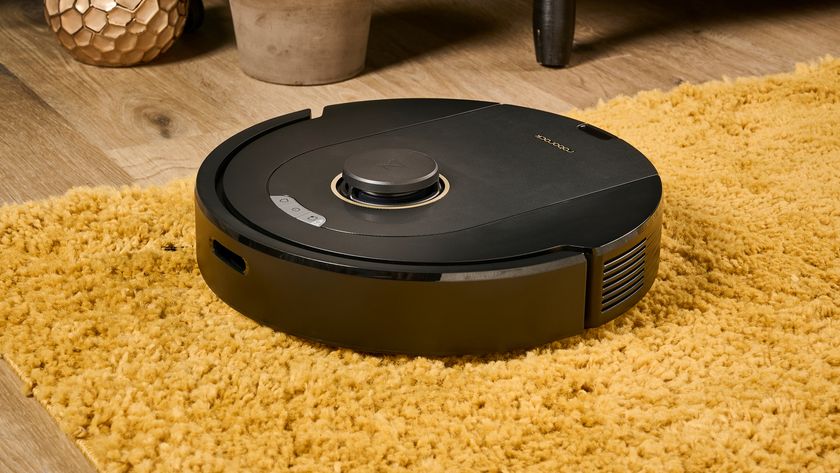Why you can trust TechRadar
Is Android Lollipop the most important Android update yet? Not really, from my point of view as a phone user. However, it shows the style direction Android is heading in, leaving Android Marshmallow to tighten up the bits that have gone a bit slack as part of the Lollipop fashion show.
We liked
Android looks better than ever. The new visuals show us the refinement of the new style Google was playing with when it released the Nexus 5's Google Now UI. It's less juvenile, more lifestyle, and I think it works. It offers a very wide appeal without being totally bland.
The more natural movements of the system are neat too, making Android feel a bit less abrupt than before. It's what the system needed, having been the 'nerdy' mobile OS since its launch almost ten years ago (cripes, I'm getting old).
The new notifications style is great. By keeping a visual consistency between how they appear on the drop-down bar and the lock screen, they now feel like they have a life of their own.
We disliked
The new look and feel of Lollipop does seem to come at a price, though. Phones with 1GB RAM often have more performance issues than they would have running Android KitKat, and the system all-round lacks the lightning-fast response of Android 4.4. This is something for Android Marshmallow to work on.
Lollipop has also ended up being behind the times in a few areas. It doesn't have proper support for fingerprint scanners, meaning that those I've used have relied on third-party software, limiting how deep in the system the scanner info can work to an extent.
Many people don't like the way its volume/alerts interface works either. It was pretty bad at the beginning, I'll admit, although I've since grown used to how the tweaked version is. Sometimes I do miss having a neat, simple silent mode, though.
Final verdict
Android Lollipop is a charming visual update that shows a sensible deviation from the new direction Google put forward in the 'Google Now' interface it introduced with the Nexus 5. It looks and feels good.
However, it relies more on having good base hardware than Android 4.4 KitKat did, which has not been great news for more affordable phones trying to make their mark. Perhaps it's the price of progress, but it leaves Android M with plenty of work to do to implement worthwhile improvements, other than those you'll be sold as new features.
Andrew is a freelance journalist and has been writing and editing for some of the UK's top tech and lifestyle publications including TrustedReviews, Stuff, T3, TechRadar, Lifehacker and others.

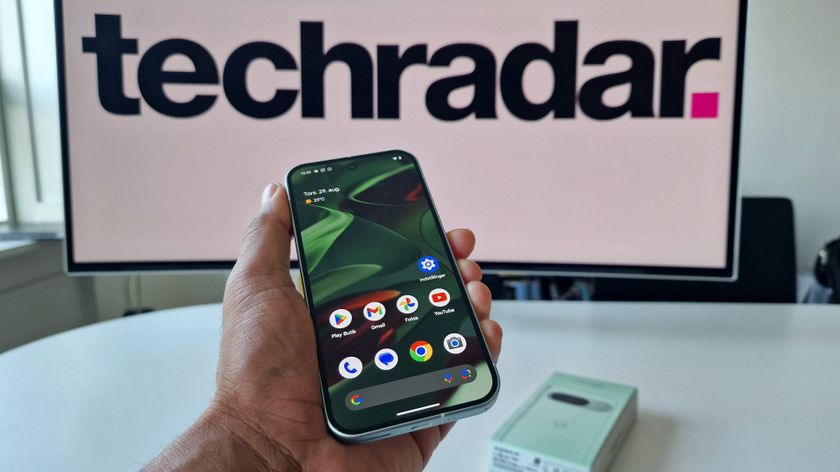



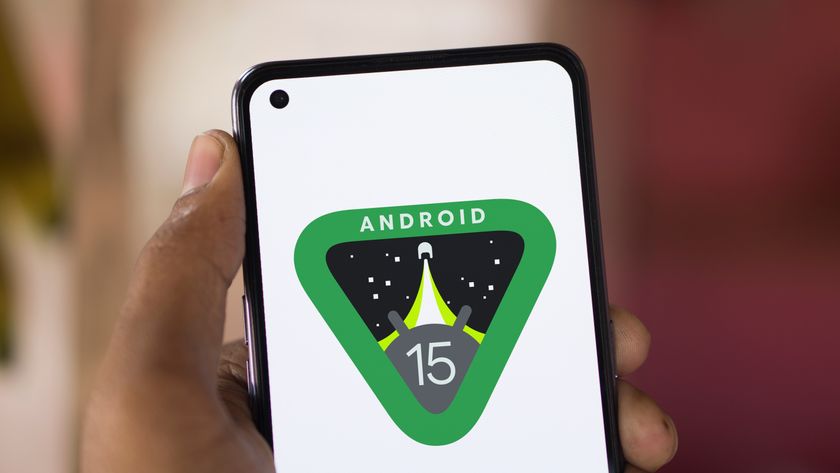



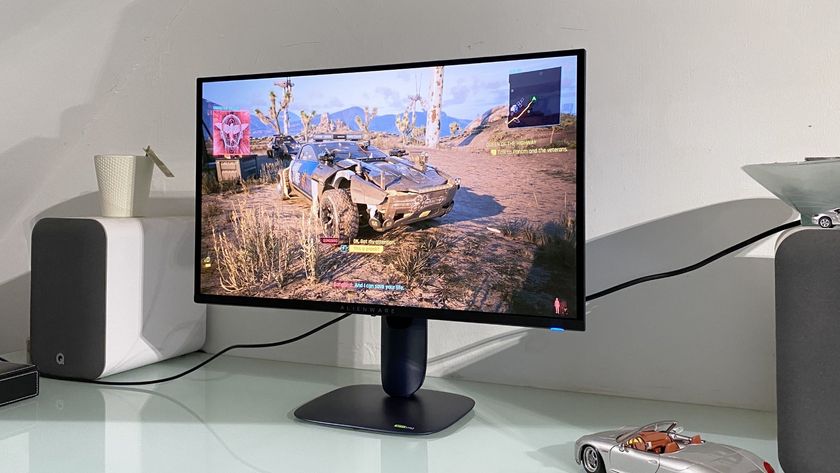

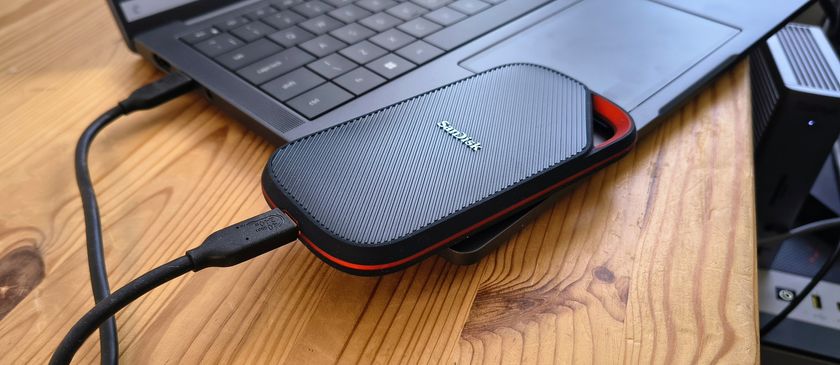

I listened to Nine Inch Nails' With Teeth on Alessandro Cortini's Campfire Audio IEMs, and now everything else is just… less than
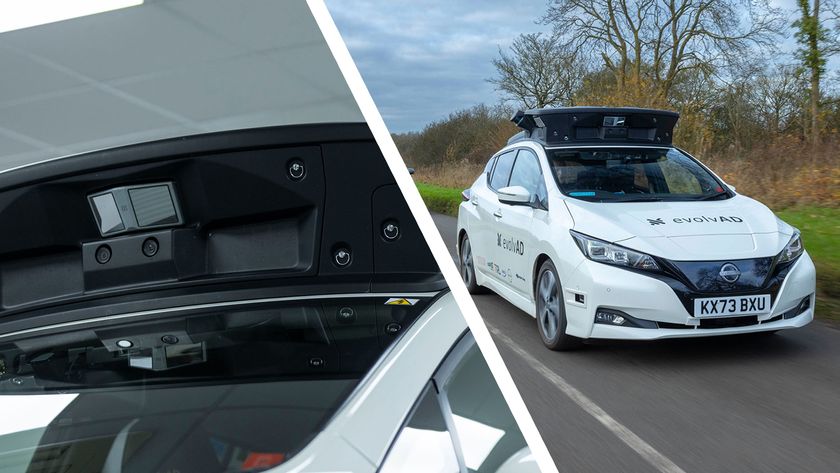
I’ve tried Nissan’s latest advanced driverless technology – and it handles 60mph on rural roads better than most humans

Trello vs Jira: which project management solution is best for you?


